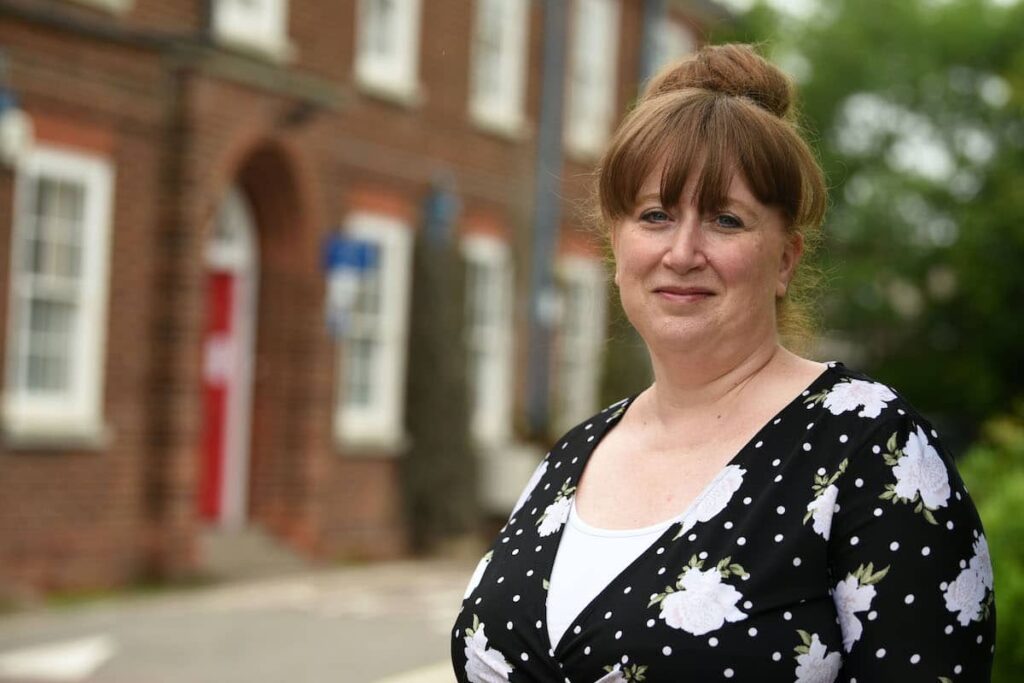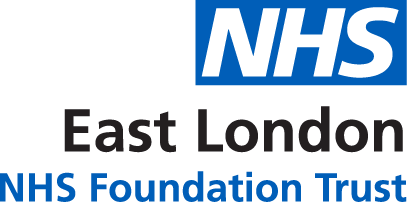Supporting the Health and Wellbeing of People with a Learning Disability

Ruth Cooper, is ELFT’s Operational and Strategic Lead for Learning Disability. Below she provides an overview of the latest developments in services for people with a Learning Disability.
ELFT provides Learning Disability Services in all our localities: Newham, Tower Hamlets, City and Hackney, Luton and Bedfordshire. The teams are managed as part of either adult mental health services, or Community Health Services for each borough, so do not come under one Directorate. Part of Ruth’s role is to support and connect all the teams to enable sharing and learning to happen, as well as building population based outcomes, to report into Directorate Management Teams. In order to do this, she, alongside the Clinical Director and colleagues from the Trust QI Team, have established a Learning Network.
What is a Learning Network?
We have established this as a ‘community of practice’. We are working with the Quality Improvement team to measure the impact of this and evaluate its effectiveness through joined up workstreams involving all four teams. Ostensibly, it is a forum for skill sharing, to share projects, and to avoid re-inventing the wheel. Workstreams include learning from Learning Disabilities Mortality Review (LeDeR), Race and Privilege and a Learning Disability Nurse forum. All the Learning Disability teams are slightly different. Two have been integrated with local authority teams and two operate solely as NHS teams whilst working closely with colleagues in their local council. They serve different populations too so have developed differently over the years to support their communities.
How do you measure the impact of interventions by the team?
It is not always easy to measure successful outcomes with this service user group as there are so many factors that impact on an individual’s heath. Our mission is to ensure that people with a Learning Disability have equitable access to healthcare as the wider community do, and that means working with them and their carers, supporting them with information and decision-making that hopefully improves their health and quality of life.
In what ways?
An example of this is having a cervical smear – a procedure that most women do not relish but undergo for their wellbeing. If early signs of cervical cancer are found, it enables early treatment to take place with very good outcomes. But if you have a Learning Disability, the whole process can seem frightening and overwhelming. Recently, one of our female service users was supported to have a cervical smear test. This involved explaining it carefully to her, attending the GP surgery for her to meet the practice nurse and see what was involved, and then going away to think about it all.
It took time but with reasonable adjustments and person centred care from the LD team and primary care, she was able to have her smear and her health is all the better for it. There are other such examples such as supporting someone to have diabetes monitoring. No one wants to have their finger pricked for a blood sugar test. It’s natural to pull away but by giving someone time and support, it is possible. And ultimately, will contribute to more targeted treatment and health care.
Population measures
We are looking at population-based interventions and outcomes too. There are high level indicators in the NHS Long Term Plan which sets out expectations about lower rates of hospitalisation for this group, through better monitoring of their health. We want service users to be equal partners in planning their care. There are national drivers such as STOMP which stands for Stopping the Over Medication of People with a Learning Disability and/or Autism. Our service users can be prescribed medication (without a relevant mental health diagnosis) in response to their behaviours that challenge but some drugs can make them weary, put on weight and affect wellbeing.
Impact of the Pandemic
The challenges faced by people with Learning Disabilities and their families during the pandemic have been formidable. There were a high numbers of deaths so we were determined that when the COVID vaccine came along, that our service users were prepared and able to have the vaccine.
The vaccination work that all the teams have been involved in has been immense, from booking people in to have vaccinations, talking with service users and their families and carers about the vaccine and its benefits and effects, and also actively administering the vaccine itself.
The impact on staff has been significant in the sense that people have felt that they are working towards reducing the risk to people with learning disabilities from COVID-19 after the losses that service users, families, carers and teams have experienced. Other fantastic examples of how teams have adapted to delivering services in different ways are the work that our Speech and Language Therapists have delivered virtually around Dysphagia and communication, and also Occupational Therapy sessions such as virtual adapted Yoga.
Looking after minds as well as bodies
Individual teams created their own wellbeing measures with arts therapies and psychology being instrumental to supporting activities and giving people space. Sessions included mindfulness, breathing exercises, talking space, TikTok videos and even a Proclaimers Flashmob! There have also been virtual book clubs, knitting groups and use of WhatsApp and Pando to help everyone keep in touch.
Are you enjoying your role?
Yes I am. It’s a new role so there is no blueprint. I feel the role has helped to raise the profile of the needs of our population and the work we do in Learning Disability Services. Sadly, the impact of COVID also did that too but it pushes us to ensure that going forward, we continue to support our service users to have fulfilling and healthy lives.
